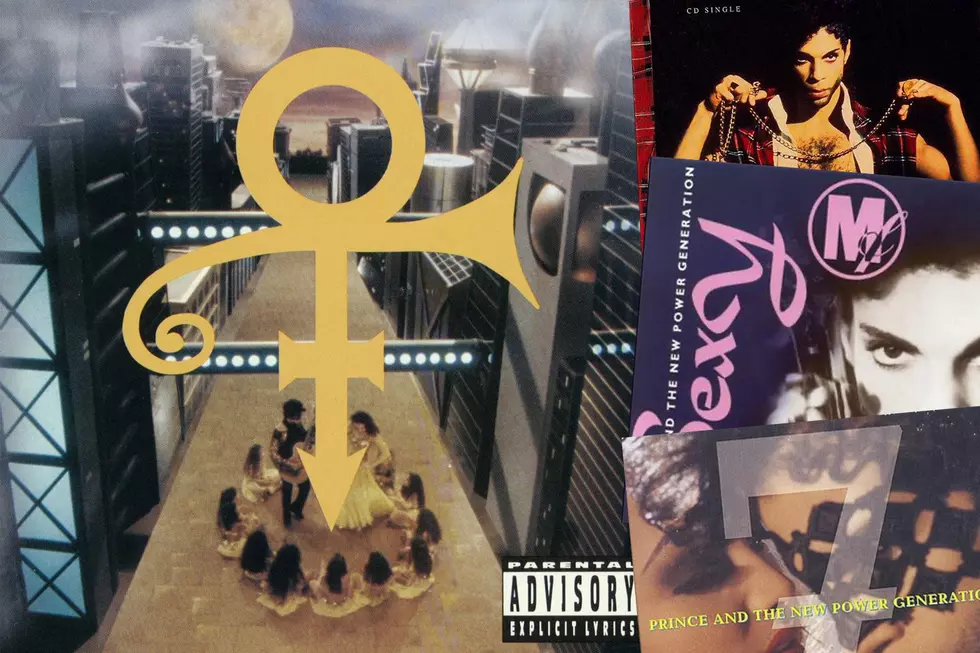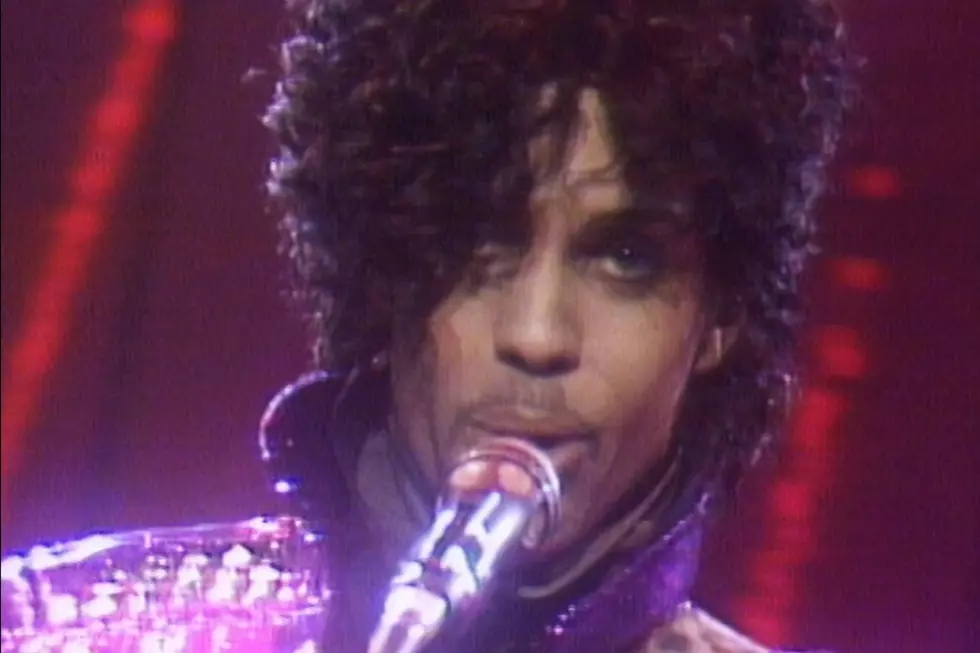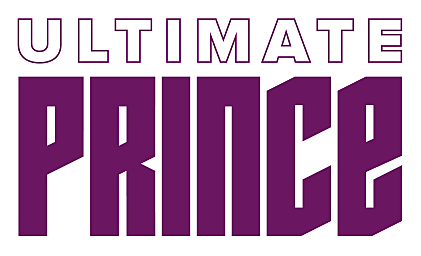
The Story of Prince’s Unique First Record Contract
“A just turned 18-year-old Minneapolis youth has signed a six-figure recording contract with Warner Bros. and is scheduled to begin recording his first album today in Sound 80 Studios, Minneapolis,” began a report in the St. Paul Dispatch on September 1, 1977.
“Known only as Prince, the youth is reputed to have signed one of the largest contracts ever for a new act. … Prince plays a number of instruments and sings, but has not been seen in performance in the Twin Cities, the explanation being that his ‘ambition was to be a national recording star and he did not want to wear out his talent in local clubs.’”
It began as it was to continue, with Prince steering a determined solo course through a career that would result in much more than just national success; and even though most people probably couldn’t imagine that at the time, he and his colleagues did.
At the time, his manager Owen Husney said he’d been working with Prince for a year and had overseen the production of the demo that interested Warners and two other major labels. The bidding battle had helped Husney secure some significant compromises in his contract. For one, Prince was named as a producer, meaning that he retained overall artistic control, “which,” said the report, “is rare in the recording industry for a performer so young and new in the business.” For another, the contract was for three albums, rather than the usual one or two.
Asked if he thought his charge would become a star, Husney replied: “I know he will… Maybe I shouldn’t use the word ‘star,’ but I know Prince is a legitimate talent and he’ll do well.”
Speaking after the artist’s death in 2016, Husney – by then an instruction in music industry affairs at UCLA – told the university publication about hearing his music for the first time. “[T]his kid named Chris Moon, who had a small recording studio, came into my office and told my secretary, ‘I’ve got the next big thing.’ Well, I heard that all the time… I’m shuffling paper, he’s fiddling with the cassette, and I already had my standard speech ready: ‘Sounds promising, come back in five years.’ He presses play, and you know, from first moment I heard Prince, I could really hear a difference from all the other tapes people were bringing me.”
He added: “All of the other stuff sounded like another group. It was derivative. On this tape, I heard someone striving to create a different sound. The way the guitars and keyboards are working together was really intriguing. Then the vocal comes up, this young kid with a falsetto voice — it had such vulnerability. I had no idea who it was, and it sounded so great. I asked, ‘Who is this group?’ The guy says, ‘It’s not a group.’ And I said, ‘Oh, so the singer got some studio musicians together.’ He tells me it’s one kid, singing, writing, playing all the instruments. That got my attention right away!”
Husney, a musician who’d had a low-key hit single of his own in the ‘60s, knew about acting fast in the music industry. He placed a call to Prince, who was in New York looking for a contract himself; but, believing the demo to be too raw to attract the kind of attention the music merited, he told Prince to come home and they’d talk.
As a result, Husney found himself executing a management trick under his policy of “lie without hurting anybody.” He told Warners that Columbia Records were flying him and Prince out to discuss a deal, and offered the other label the chance to meet “on Columbia’s dime.” Then he called Columbia and told them about the Warners appointment, then called A&M with a similar story. “I leveraged their jealousy of each other, and lo and behold, I had three major appointments made,” he said.
Having chosen Warners (signing on June 25, 1977 according to Prince Vault) and gone through the process of making three or four more demos, the manager was ready when the label named the producer they wanted to work with Prince. “I’d like you to tell them I’ll be producing it myself,” he told Husney, who recalled: “Any other artist, especially a first-time artist, would have had a big fight with me over that — but I believed in him. … [T]hey put together a kind of test where they watched him in the studio. Before it was finished, they took me out into the hallway, and they said, ‘You know what? We believe you.’”
Regardless of having to operate outside his usual boundaries, Warners A&R senior executive (and later president) Lenny Waronker had no regrets about the signing, leading to the release of debut album For You. “He’s an 18-year-old kid and he had total command of not only the songs, but of the production and the ability to do it all on his own,” he told EW in 2016. I mean, this was a time where there was no technology. You didn’t have drum machines; you didn’t have anything. The only other person I can think of that was capable of really doing that was Stevie Wonder.”
He remembered hearing a demo tape that he described as “far from a demo,” saying: “The presence of Prince was also interesting because he had an incredibly strong vibe to him. His silence was powerful and when he did say something you listened. It was the beginning of something that was very special, based on this massive talent and this young kid who was not like anybody else.
“I didn’t think [he needed] a producer,” Waronker continued. “I felt that he was so unique that if you brought somebody else in — especially some of the high-powered people that other companies had pursued — you wouldn’t get the personality that existed on that tape. Because it wasn’t just the songs, it was the way they were performed. What you didn’t want to do was get in the way of that.”
Husney wasn’t surprised to find himself surplus to requirements when his three-year deal with Prince came to an end. “I was his protector, but after that first album, he wasn’t nearly as dependent on me,” he asserted. “He’s one of these guys, he could walk into a recording studio, after a little while, he would have assimilated everything from the recording engineer’s mind — and then he wouldn’t need the engineer anymore. He was always learning. The greatest thing a manager does is handle this business stuff so the artist is free to be creative. But Prince really wanted to know every aspect of it himself — and he had the intellectual capability to be able to do that. A lot have tried to do that before and since, and failed miserably.”
However, he retains positive memories of his time with Prince. “Once we signed that deal, I rented a house in Marin County, and Prince, his friend André Cymone, my then-wife, and I all lived there while he recorded at the Record Plant,” he recalled. “I handled the business, my wife and I made him breakfast, we made him lunch. We were a family. Whatever kind of business relationships you have, it’s a lot different when you’re cleaning up his bedroom and doing his laundry! I’m really happy to have been there at the time I was in his career and got to know him in the way that I did.”
Prince: 40 Years of Photographs, 1977-2016
More From Ultimate Prince









